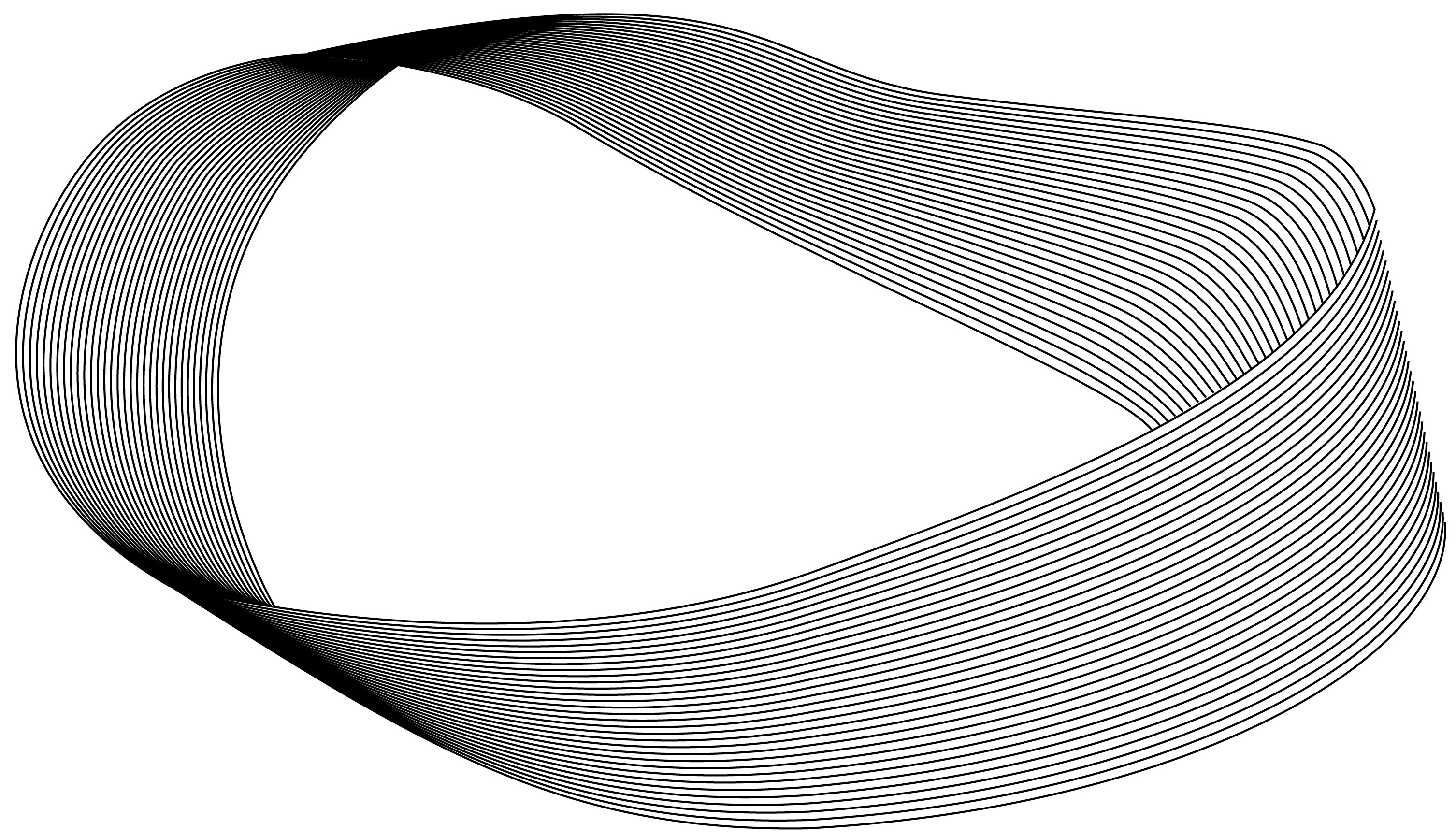
Image: A Design a Day
Psychosocial Thinking and the Möbius Strip
Within the field of psychosocial studies, reflexivity has served to trouble artificial boundaries between research/life, researcher/researched, inside/outside, and thus to foster the creation of a Möbius-strip-like space. Similarly, artistic formulations of reflexivity have contributed to the formation of such a space from where ‘the dominant, entrenched academic community and its claims to scientific ways of knowing’ can be critiqued and disrupted.’ (Finley, 2008: 72)
Attempting to trace a straightforward path around the outside of a Möbius strip seems like an impossible task. Every apparently external surface leads inside, and every apparently internal surface leads outside. Every possible path subverts the notion of internality and externality as fixed, just as the ostensibly internal world of the psyche is continually bound up with, flows into and constitutes the ostensibly external realm of the social.
The twist in the Möbius strip reminds us moments of disruption are everywhere in the social world, and capturing them calls for methodological creativity. Yet, creative practice has historically been figured by positivist epistemologies as antithetical to science, and therefore as a contentious, invalid or contaminating form of a narrowly-construed ‘knowledge.’ Psychosocial thinkers and practitioners however, inhabit a unique epistemic space. A space that constantly asks us to reflect on and situate the functions of our analytics. Might this positionality garner the power of creativity to foster ways of knowing akin to the mutually-constitutive surfaces of a Möbius strip? How might we refigure our sense of how knowledge practices interact or intra-act (Barad, 2007) as constituting the field of the psychosocial?